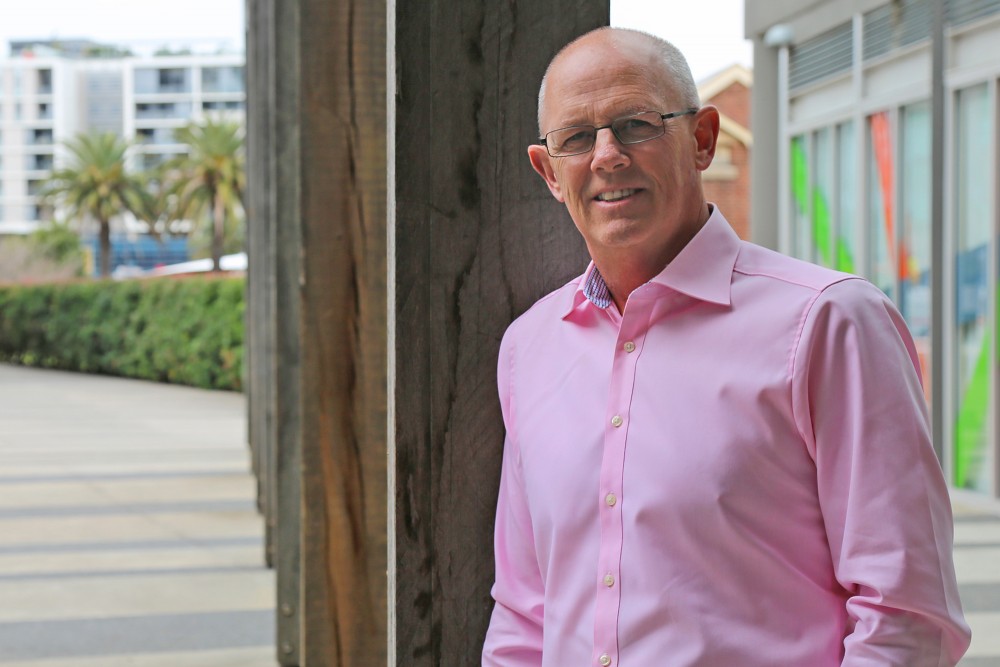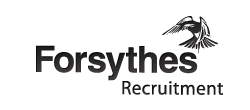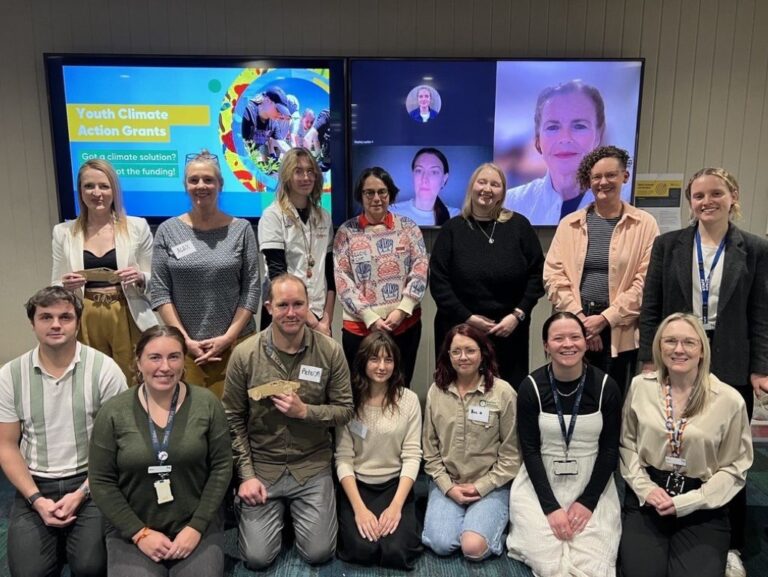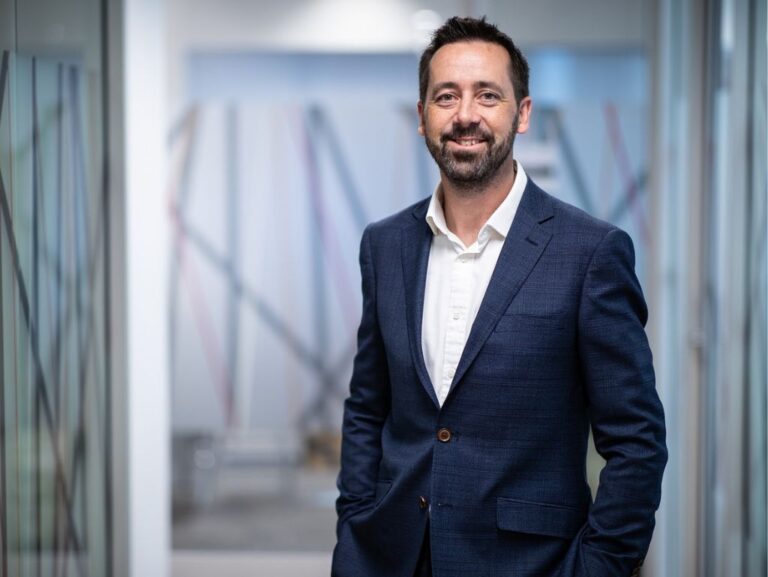Being a qualified human resource practitioner and leader of a large, successful Hunter business makes Paul Hankinson an obvious person to speak with about leadership.
Newcastle born and bred, Paul went to work in Sydney but returned home more than two decades ago. He’s taken Forsythes Recruitment from having a handful of staff in one office to being a multi-million dollar, multi office operation that also offers organisational development services and a free regional salary survey. He says the firm’s success is due to a team effort, local ownership and building good relationships.
Paul is well known in the Hunter for his generous support of business and the community. He’s an original Member of HMRI Foundation, a former Hunter Business Chamber Board member, former Member of the Two Bishops Trust, and a Past-President of Newcastle Business Club.

- What path led you to your current role?
I had moved back to the Hunter with my young family. With a degree in HR and corporate HR experience in Sydney I approached Forsythes. I was lucky enough to fall into an organisation that was looking to expand its offering and was thinking differently about people and business development. I was 32 then and by 35 I was the firm’s first non-accounting partner.
After six years as CEO, Geoff Crews and I took Forsythes Recruitment off as an independent business linked to the other Forsythes entities. Here we are today, the largest locally owned recruitment firm in the Hunter, with six owners and 35 consultants across four offices in Newcastle, Singleton, Central Coast and Sydney.
- How do you define the difference between a Manager and a Leader?
Good managers are key to successful businesses because they get things done. They take the vision and put it into practice and feed information back up to influence the vision. It is often the hardest job because they are accountable to everyone.
A leader looks at the long game rather than the short game. They are more focused on purpose than function. One of their key roles is to communicate that purpose, within and outside the organisation. A good leader subordinates the organisation to the end result. Your organisation is never the end result.
- What do you look for when recruiting a leader? Are they born or made?
There are many aspects to a good leader but here’s three.
1. The best leaders take time for idle contemplation ‚Äì what could be rather than what is. They can’t always be bogged down in detail.
2. Leaders need to have a good understanding of themselves – their strengths and weaknesses. They need to be brave enough to put good people around them and not be threatened.
3. Effective leaders take risks. That is hard to do sometimes, particularly in a shareholder controlled environment. If you don’t, you don’t stand out from the pack. You mark time or worse, go backwards.
Skills can be taught. Experience can add to effectiveness. But there is a basic DNA for a leader that can’t be taught. Some of the best leaders are the kids who were up the ladder at school or the ones who often skinned their knee. They are wired to take risks and to think big picture. These kids might also be in jail now but that’s where good values and positive role models play their part.
- What makes business in the Hunter unique?
We need to stop thinking business in the Hunter is unique. We do a lot of things well in the Hunter but we also perpetuate mistakes. There is much to learn from outside the region. We are seeing more talent come to live and work in our region and that can only be a good thing. The key is to get those people effectively working with the talent that is already here ‚Äì rather than putting up roadblocks for them or saying “that’s not how we do things here”.
- What local businessperson do you find inspiring?
The person who had the biggest influence on my career was Hugh McKensey, ex-Managing Partner at Forsythes. He saw something in me and was willing to take a risk on me – something for which I will be eternally grateful. Hugh taught me more about business than anyone I have ever dealt with. He taught me about loyalty to clients, cutting through, being brave and focusing on outcomes.
- If you could change one thing about your industry, what would it be?
I would like to see more barriers to entry. By that I mean making recruitment a profession rather than a vocation. Any knucklehead can hang a shingle and say they are a recruiter.






